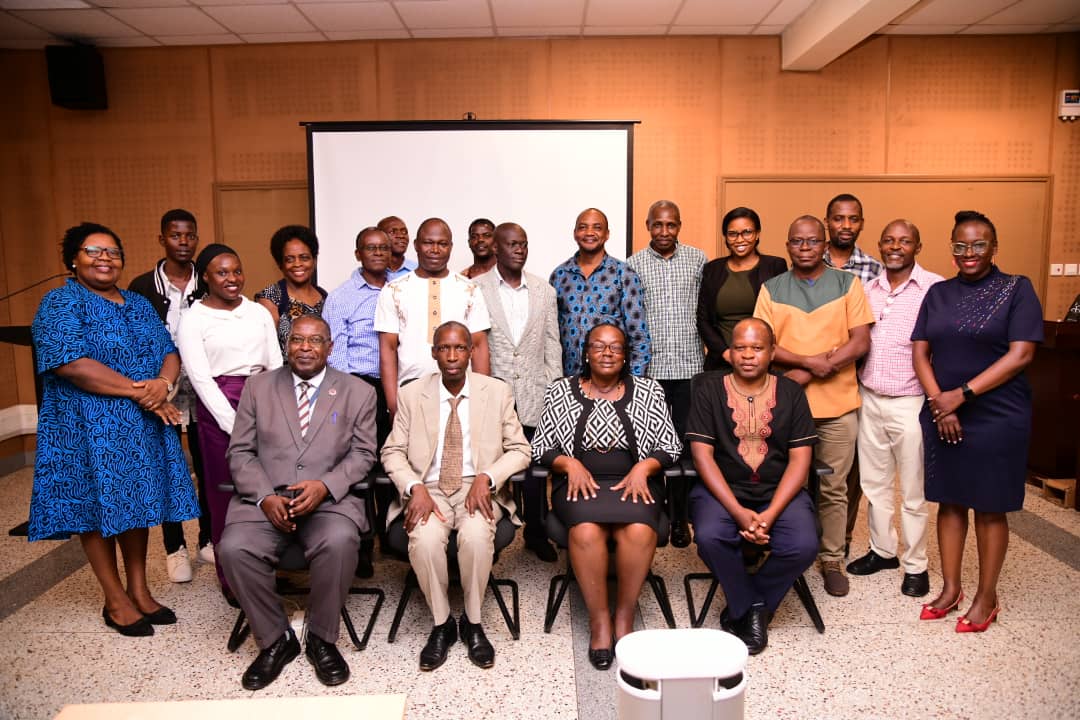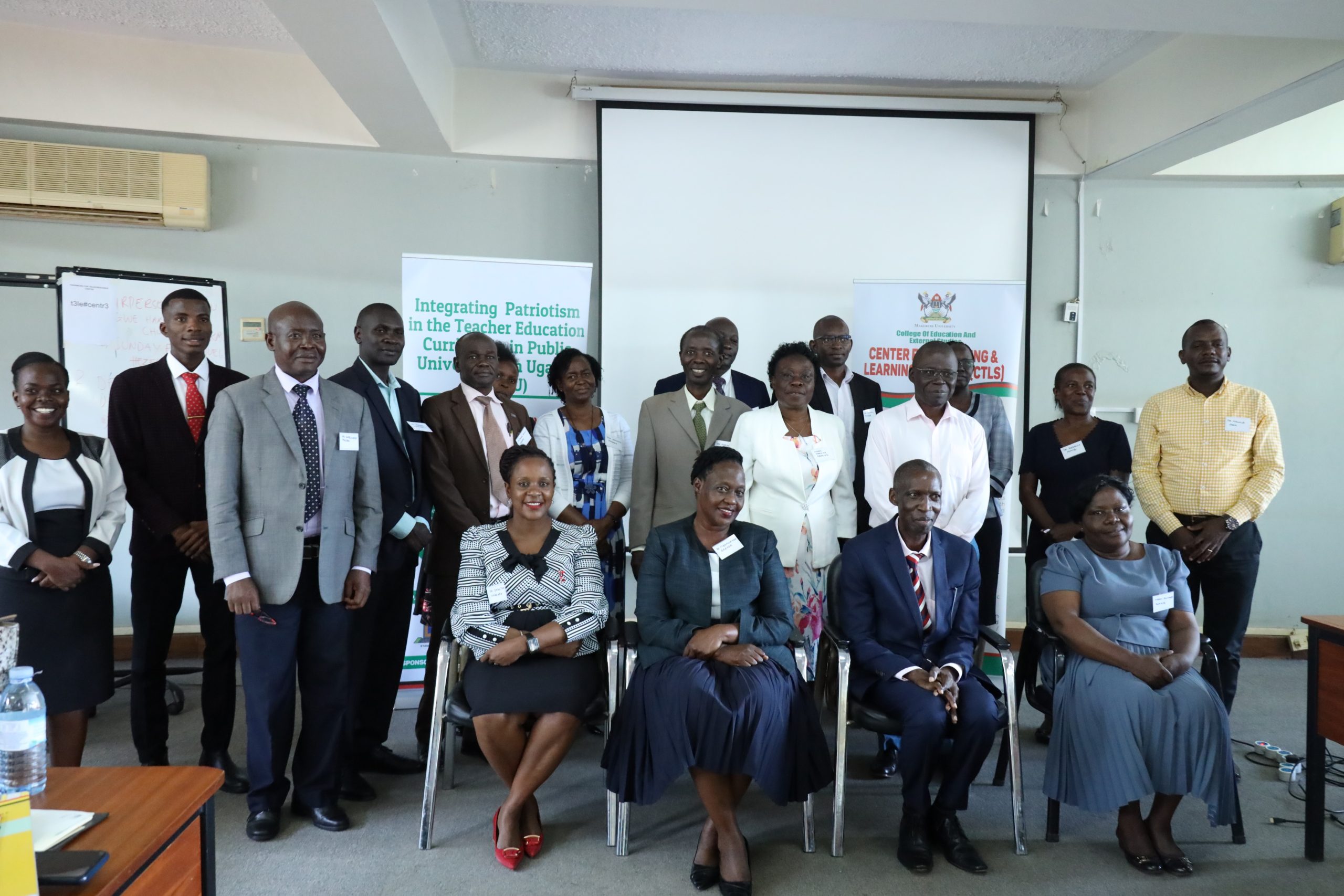A crisis is a terrible thing to waste, were the parting words of Prof Doyin Coker-Kolo, during her lecture on Leadership in times of Crisis; Building a campus culture of Resilient Thinking. Prof Doyin called on leaders to ensure that they emerge victorious after the crisis. She said it is during a crisis that we are all tested and it is the best time to be innovative. Taking an example of the Institute of Open, Distance and e-Learning IODEL, Makerere University, which used the Covid 19 Crisis to ensure the university faculty and students embraced e-learning. The institute had previously conducted e-learning for only its students, however, upon the closure of the education system owing to the pandemic, the management of the university embraced e-learning for all students, a practice that continues to date.
Prof. Doyin, a visiting professor from Indiana University Southeast, delivered her lecture during a webinar on March 31, 2022 to researchers across the globe. She Is a Carnegie African Diaspora Fellow at the College of Education & External Studies (CEES).
While welcoming Prof. Doyin to give her lecturer, the Principal of CEES, Prof. Anthony Muwagga Mugagga, noted that the education system in Uganda has been resilient even in the face of Covid-19. He challenged women to join leadership of the institution, saying women are resilient in many ways, but have
not joined leadership of the college. “I hope that by the end of this discussion, more women will have been swayed to join the leadership of the college.”
Quoting Stockholm Resilience Center, Prof. Doyin advised that leaders in Higher Institutions ought to be resilient leaders with cognitive flexibility, who overcome crisis thinking by holding a strong sense of purpose, an openness to question fundamental assumptions, and demonstrate mindful thinking outside of their daily responsibilities. “Crises are places where we find our greatness because they push us in ways that, in times of normalcy, we don’t get pushed. We find strengths and abilities that are latent inside us,” she said.
She shared some effective leadership practices which included effective communication, decision making, empathy or humanism, realism and one who knows the core values of the institution. “People want credible leaders. Let the people know what the institution can and cannot do. Give facts with humility and empathy,” she emphasized.
Prof. Doyin shared factors of building a resilient institution which included having a strong foundation, having visionary leaders both past and present, commitment of staff and students. She said the vision that the students have for the institution is also an important factor of a resilient institution. External partnerships also play a role in ensuring the resilience of the institution. A sense of pride by the staff and
students of the institution as well as communication also play a vital role in ensuring resilience of an institution.
Resilience of an institution can however be hindered by anxiety of leaders, relying on short term goal rather than the long term as well as the desire to return to normalcy. Prof. Doyin said the desire to return to normalcy hinders innovation. Professor share some lessons from resilient leaders and asked her audience to reflect on them;
- Resilience takes practice; Training in crisis management may be required
- Focus on mission as the rationale for change
- Engage a wide range of stakeholders in the planning process but provide a clear structure and ideas for them to react to rather than simply soliciting random suggestions
- Be transparent about institutional constraints and tradeoffs and the need to rigorously prioritize goals and resources
- Empower leaders at every level—board, cabinet, deans and admin leaders, chairs and students by devoting time and resources to leadership development
- Focus on the fundamentals of resilience thinking. The goal is not simply to survive a temporary crisis but to build a structure that can continue to support the mission of the institution well into the future
Prof. Doyin concluded by calling on all leaders to look at any crisis as an opportunity to do better. Quoting Hunter, she said “As a leader, crisis is an opportunity to find your greatness and to activate that in other people around you.”




